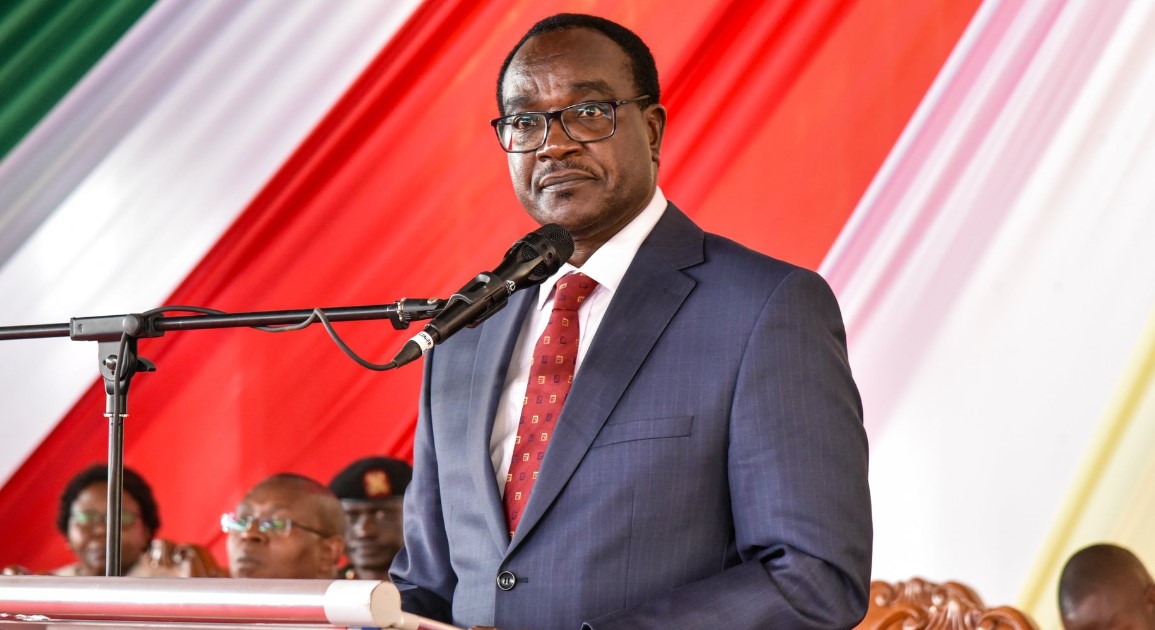Education Cabinet Secretary Julius Ogamba has revealed that the government may soon merge schools with low enrolment once an ongoing audit on institutions and capitation is complete.
Appearing before the Senate on Wednesday, Ogamba said the ministry had discovered schools with fewer than ten students continuing to draw large sums in capitation funds. He described the trend as a clear case of wastage and misuse of public money.
“We are doing something about the number of ghost schools in the country. We have noticed that some institutions have less than ten students,” Ogamba told senators.
The CS explained that the ministry was considering merging small schools, while institutions with large student numbers could be split to ease pressure on resources. However, he stopped short of detailing how challenges such as long distances between schools and learners’ homes would be addressed if mergers go ahead.
Audit Progress
The ministry has so far verified 75 per cent of school enrolment figures, with the remaining quarter expected to be completed within the month.
“After the Auditor-General flagged the issue, the Ministry resolved that in this third term, resources would only be released to schools where the number of enrolled students has been verified. These anomalies are now being uncovered,” Ogamba said.
Junior Secondary and Infrastructure
On Junior Secondary Schools (JSS), the CS said the government would adopt recommendations from the Presidential Working Party, creating a comprehensive school system that combines primary and junior levels under one management.
To support school infrastructure, Ogamba confirmed that Ksh1.3 billion has already been allocated. He added that the ministry would push for further targeted budgetary support to supplement Constituency Development Fund allocations.
“The government’s policy of 100 per cent transition means additional pressure on school infrastructure as enrolment grows. Beyond CDF, we are securing targeted budgetary allocations for development,” he noted.
The proposal to merge schools is expected to spark debate among parents, teachers, and other education stakeholders, with concerns over access, quality, and the future of rural institutions likely to feature strongly.

